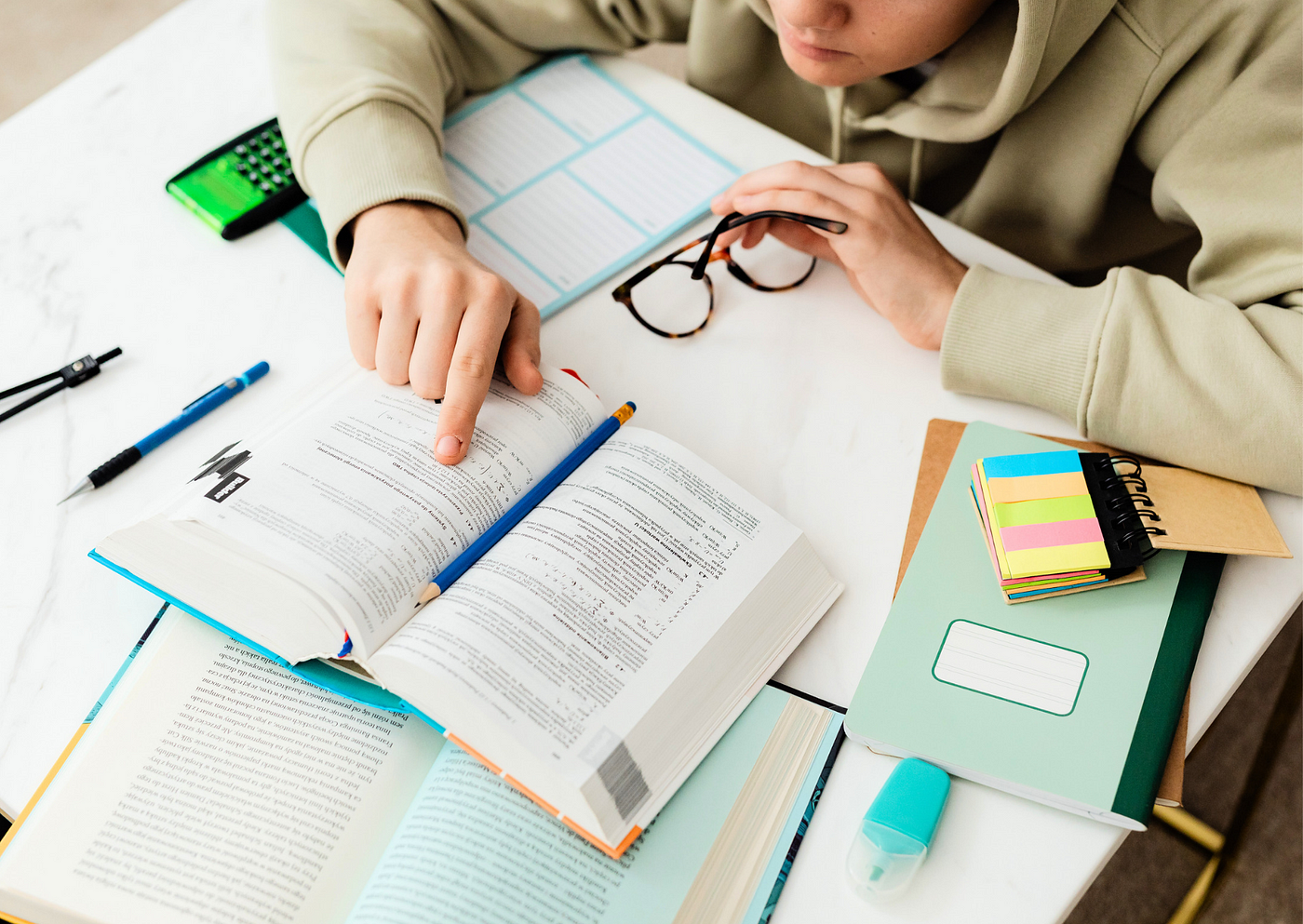1. Active Learning:
- Actively engage with the material by asking questions, discussing concepts, and teaching the content to someone else. This helps reinforce your understanding.
2. Set Clear Goals:
- Define specific, achievable study goals. Knowing what you want to accomplish during each session keeps you focused and motivated.
3. Time Management:
- Create a study schedule or plan. Allocate dedicated time for studying and breaks to maintain productivity and prevent burnout.
4. Space it Out:
- Use spaced repetition to review and revisit material over time. This enhances long-term retention.
5. Varied Study Environment:
- Change your study environment occasionally. Different settings can help prevent monotony and improve information retention.
6. Summarization:
- Summarize complex information in your own words. This forces you to understand the material and simplifies it for easier recall.
7. Mind Mapping:
- Use mind maps or concept maps to visually represent complex ideas and their connections. This aids comprehension and memory.
8. Practice Problems:
- For subjects like math and science, work through practice problems and exercises. Active problem-solving enhances your understanding.
9. Flashcards:
- Create flashcards with questions on one side and answers on the other. This is an effective method for memorizing facts and terms.
10. Group Study: - Study with peers. Discussing topics and explaining concepts to others can reinforce your understanding and fill gaps in your knowledge.
11. Take Breaks: - Include short breaks during your study sessions. Breaks help maintain focus and prevent mental fatigue.
12. Use Mnemonics: - Mnemonic devices, such as acronyms or rhymes, can make it easier to remember lists or sequences.
13. Regular Review: - Periodically review previously studied material. This reinforces your memory and prevents forgetting.
14. Self-Testing: - Quiz yourself on the material or use practice exams. Self-testing helps you identify areas where you need improvement.
15. Prioritize Sleep: - Adequate sleep is crucial for memory consolidation. Ensure you get enough rest, especially before exams or important study sessions.
16. Stay Hydrated and Eat Well: - Proper nutrition and hydration are essential for cognitive function. A balanced diet and drinking enough water can positively impact your study sessions.
17. Minimize Distractions: - Create a distraction-free study environment. Turn off your phone, use website blockers, and limit interruptions.
18. Reflect and Connect: - After a study session, take a few minutes to reflect on what you've learned. Discuss the material with a friend or tutor to reinforce your understanding.
19. Stay Positive: - Maintain a positive attitude. Believing in your ability to learn and improve is essential for effective study.
20. Seek Help When Needed: - If you're struggling with a subject, don't hesitate to seek help from a teacher, tutor, or academic support service.
Remember that everyone's learning style is unique, so experiment with different study techniques to discover what works best for you. Effective study habits can significantly enhance your learning and retention capabilities, making your educational journey more successful and enjoyable.




Comments (0)